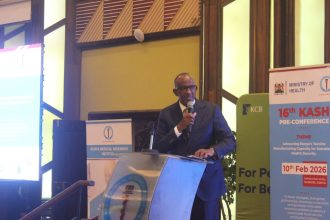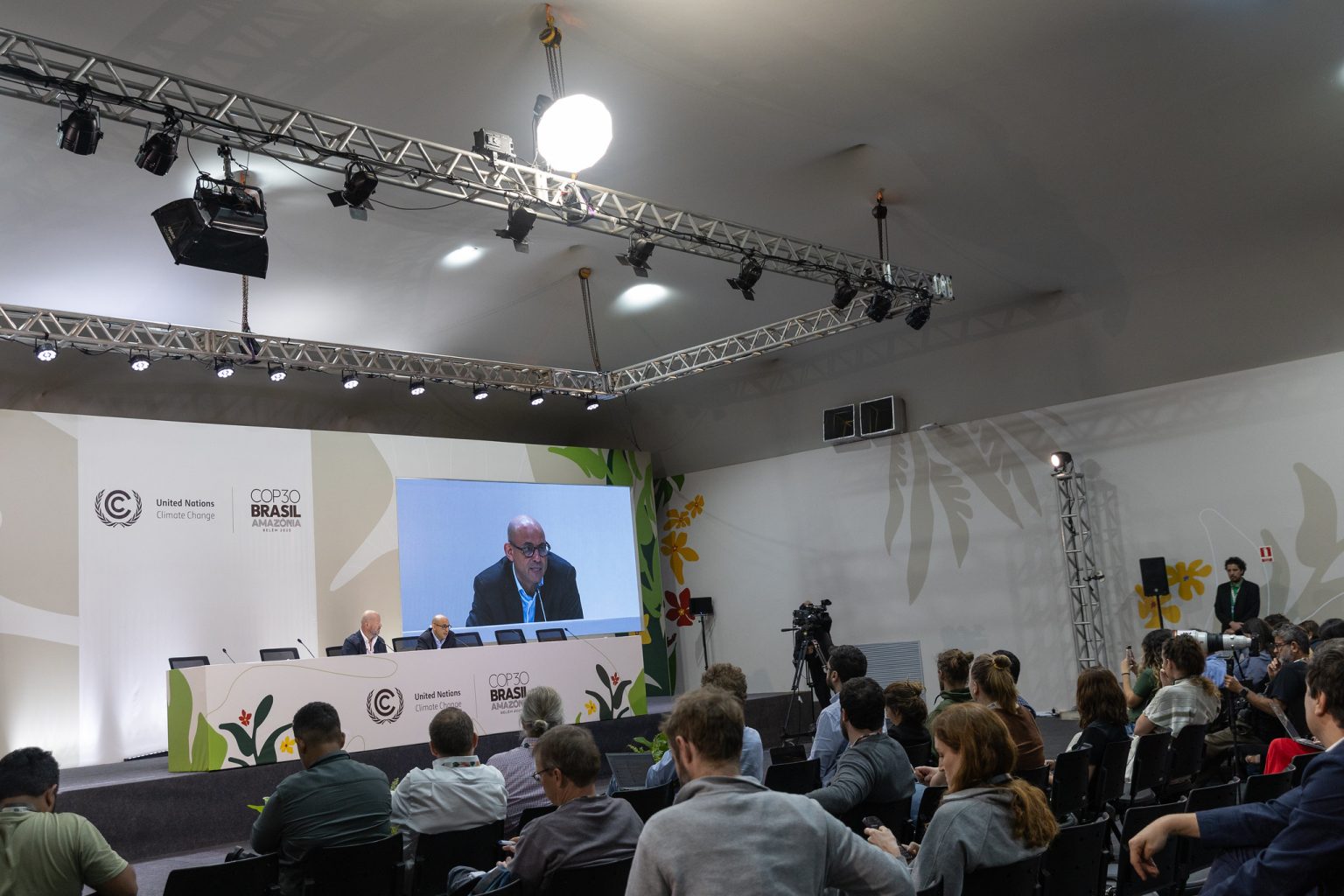Belém meeting ends in disappointment as leaders dodge real commitments on fossil fuels, finance, and ambition
By Henry Neondo
For all its spectacle—an unprecedented early leaders’ summit, a fire in one of the pavilions, and a presidency scrambling to salvage ambition—COP30 will be remembered for something far more familiar: another global climate conference that talked big and delivered little.
Despite branding itself the “Adaptation COP” and raising expectations that Belém would push the world toward ending fossil fuels and halting deforestation, the final package of decisions fell dramatically short. Once again, political posturing and geopolitical fault lines trumped science, urgency, and the pleas of vulnerable nations.
Roadmaps Blocked, Fossil Fuel Debate Dodged
Brazilian President Lula had hoped to anchor COP30 around two transformative “roadmaps”—one to implement the Dubai commitment to transition away from fossil fuels, and another to reverse global deforestation by 2030. Both gained momentum, drawing support from more than 80 countries.
And yet, when negotiations closed, neither roadmap made it into the official COP outcome. A handful of fossil-fuel-aligned countries blocked the proposals, forcing COP30 President Ambassador André Corrêa do Lago to take the extraordinary step of announcing he would pursue the roadmaps “ex officio” outside the UNFCCC process. In other words: the COP failed to act, so the presidency will try to do the work on its own.
Climate Finance: Still No Relief for Developing Countries
Developing countries came to Belém demanding what they’ve been promised for a decade and never received: predictable, adequate, public climate finance. Instead, COP30 delivered a weakened compromise.
A new adaptation finance target was pushed to 2035, not 2030. The call to triple adaptation finance has no baseline year. And worse, the target was tied to the NCQG, which relies heavily on loans—an unacceptable outcome for countries already drowning in debt and facing escalating climate impacts. For the Global South, the message was clear: wealthy nations are still unwilling to put real money on the table.
A Watered-Down Political Declaration
The so-called Global Mutirão, the political document meant to anchor the entire conference, became a battleground between blocs. Island nations demanded a strong response to insufficient NDC ambition and the 1.5°C threat. Developing countries insisted on real action on finance and trade barriers. The EU pushed back. Arab countries and LMDCs objected.
The result? A toothless text.
Mentions of unilateral trade measures and public finance were diluted. Commitments on ambition were softened. The document, intended as COP30’s centerpiece, ended up symbolizing its failure.
Implementation? Still Missing in Action
The conference billed itself as the “Implementation COP.” But the new tools created—like the Global Implementation Accelerator and the Belém Mission for 1.5°C—have vague mandates, no enforcement power, and timelines stretching years into the future.
With the world already at 1.2°C of warming and extreme weather accelerating, many observers see these new mechanisms as bureaucratic distractions rather than meaningful action.
Symbolic Wins Cannot Hide the Lack of Substance
Belém did deliver some important symbolic victories, including historic recognition of Afro-descendant populations and expanded acknowledgement of Indigenous rights. Adaptation indicators were adopted—albeit reduced from 100 to 59.
But these wins, significant as they are for representation and justice, cannot mask the deeper truth: COP30 failed to confront the root cause of the climate crisis—fossil fuels.
A COP That Watched Momentum Rise… and Then Let It Slip Away
Ironically, the most important developments happened outside the formal negotiations. A global push for fossil fuel and deforestation roadmaps grew quickly, driven by Brazil and supported by dozens of countries. Colombia announced an international conference for the end of fossil fuels in April. Civil society rallied.
But when it came time for the world to act collectively in Belém, the process collapsed under the weight of consensus rules and entrenched fossil fuel interests.
Reactions: Relief, Frustration, and Calls for Courage
Civil society leaders expressed a mixture of disappointment and resolve.
“The presidency did what the COP did not have the courage to do,” said Marcio Astrini of Observatório do Clima.
“Its lack of ambition makes clear that the post-COP30 path will require political courage,” added Maiara Folly of Plataforma CIPÓ.
Climate specialist Stela Herschmann was blunt: “The most important issue of this COP was left out. This is not the end, but multilateralism will be tested again in 2026.”
A Familiar Pattern of Failure
The world needed COP30 to deliver a decisive break from fossil fuels, a leap in finance commitments, and a clear plan to meet 1.5°C. Instead, Belém delivered:
- No fossil fuel phase-out agreement
- No deforestation roadmap
- Weak finance commitments diluted political declarations
vague implementation mechanisms
COP30 is yet another reminder that the global climate process remains unable—or unwilling—to confront the industries and governments driving the crisis.
As the world races toward climate thresholds scientists warn must not be crossed, the UN climate negotiations risk becoming arenas of delay rather than catalysts of action.
And for communities on the frontlines—from the Amazon to Africa to the Pacific—Belém’s weak outcome is more than a diplomatic disappointment. It is a failure that will be felt in rising seas, failed crops, and escalating climate disasters.
COP30 was supposed to be a turning point. Instead, it became another missed opportunity—at a moment when the world has no more time to waste.




